If you think being out in the garden for a couple of hours can get exhausting, then imagine what the scorching sun would be doing to your precious plants all day. They feel the brunt of the summer heat just as much as we do, maybe even more. A great way to protect your favorite plants from all seasonal changes is to mulch up the soil they call home. Mulch is a 2-4 inch thick layer of covering material such as bark, cocoa shells, shredded leaves, grass clippings, etc. that is spread over the soil to retain the moisture, suppress any weeds, and keep the soil cool. Since organic materials decompose into the soil over time, they almost act as compost which helps improve the fertility of the soil.
Often an overlooked aspect of gardening, mulching is every gardener’s best friend. It not only makes the soil healthier but is an aesthetically pleasing addition to any garden as well. So, we thought that it’s only befitting that we take you through all the nitty-gritty associated with mulching.
How is mulching beneficial to your garden?

Think of your regular garden soil as a piece of sponge cake. What makes a cake taste better? Icing. Mulch works the same way. It makes your garden soil better so your plants grow healthier and happier.
That’s not all! There is so much more to mulching than just improving the soil quality in your garden.
-
Adding organic materials to mulch your garden makes the soil more resistant to pests & diseases.
-
Since organic mulch decomposes into the soil, it releases nutrients slowly and consistently, preventing the loss of vitamins in the plants.
-
The soil retains moisture for a longer duration if mulched, thereby reducing the amount of water needed for watering. Mulching even reduces water run-off during the monsoon season.
-
Serving as an umbrella, mulch provides shade to the tiny seedlings that are more prone to damage by excessive sun exposure.
-
Mulch is a great insulator for the soil. It regulates the soil temperature which reduces the stress level in plants caused by higher temperatures.
-
Mulching is one of the most effective ways to create a barrier against unwanted weeds that grow in the garden. It often prevents the growth of weeds, reducing the competition for nutrients amongst the plants.
-
Mulching your garden soil usually increases the biological activity in the soil. It is not only beneficial for the microorganisms but also provides critters like earthworms with food. It even provides a safe & comfortable home for plant-friendly insects such as ground beetles, lady beetles, etc.
-
Applying mulch to sandy soil helps to bind it whereas mulching clay soil opens it up, making it more fertile.
-
Gardening is all about recycling and reusing organic materials. You can recycle your waste material like grass clippings & leaves and turn them into mulch for your garden soil.
-
Mulch in a landscaped garden prevents the erosion of soil & soil compaction, especially from foot traffic in the garden.
-
You can even use a mulch to enhance the visual appearance of your garden.
Wow! These are some serious benefits considering mulch is usually made from organic waste. After all, when it comes to the health & well-being of your plants, organic is the way to go.
Mulching - A Few Different Ways
But what kind of mulch should I go for? That’s a good question. Yes, mulch usually consists of organic materials but not all organic materials can be used as mulch. Here are a few kinds of mulch that you can consider for your garden:
Hay & Straw

One of the most popular choices for mulching, hay & straw is easily available. They are great if you want to prevent the splashing of soil-borne diseases to the lower part of the plant that makes it muddy. Since straw & hay decompose slowly, they will last for an entire growing season. You can easily rake up a bunch of hay or straw and place it over the soil or work it into the soil when you plant a new crop.
Tree Bark

The bark of trees may not check off all the boxes of being beneficial mulch but it does a great job of protecting larger trees, shrubs, and other plants that you won’t dig up that often. Even though woody mulches like tree bark don’t mix well with the soil, it does last longer than your regular organic mulches that decompose into the soil.
Grass Clippings

Reaching into the small nooks and crannies of your garden regularly to prune and trim your plants could be a challenge. These small crevices usually become home to unwanted weeds. Cover up the soil in such places with grass clippings as mulch. Grass usually has high water content making them extremely biodegradable. Just a heads up though, grass clippings, over time, become slimy and can emanate an odor, so use with prudence.
Newspaper

Did you know that a lot of the printing presses nowadays are moving away from chemicalized inks to print your everyday newspaper? This is why newspapers are gaining popularity as one of the most eco-friendly mulches out there. For generations, shredded newspaper clippings have been used to mulch gardens since it helps keep the soil moist. If you are trying to create a new garden bed, simply smother the existing grass with some moist newspaper. It won’t be long before new, fresh grass covers your garden bed.
Cocoa Shells

We all remember the gingerbread house from the tale Hansel & Gretel and at some point, we all wanted to live in a house made completely of delicious treats. Well, with cocoa shell mulch, at least your garden would fulfill part of your fantasy. Aside from having a lovely color, cocoa shells smell like chocolate. Wouldn’t you want your garden to smell sweet while looking beautiful?
Shredded Leaves

Also known as nature’s favorite mulch, shredded leaves are the easiest to come by if you already have a lush garden at home. If you think that a bunch of leaves lying around in your garden could look messy, then mulch before the onset of spring before the plants start to spread out. By the time you plan to spend your beautiful sunny days outside, the leafy mulch would’ve blended into the soil, giving it a very textured look.
How To Mulch?

With so many options available to mulch up your garden, we’re sure you’ve made up your mind about which one you want to use for your garden. Now, for the most crucial bit; How to mulch?
All kinds of mulch primarily serve one major purpose - combating weeds in your garden. Ergo, you should follow these fundamental rules for mulching followed by even the most novice gardeners. Firstly, weed your garden before you begin mulching. Once your garden is weed-free, lay down the mulch of your choice on the soil. Secondly, make sure that the mulch layer should be thick enough to discourage the growth of new weeds. Most gardeners spread a few inches of mulch on the top of the soil around the plant but not covering it completely. Mulching usually takes place after you sow the seed or after the seedling appears.
In a simpler scenario, a 2-3 inch thick layer of mulch is enough to protect plants in a shady spot. However, you may need a 4-6 inch thick layer of mulch to completely prevent the growth of weeds. For the experienced gardeners, it might be easy for you to tell whether you have weed seeds or even perennial roots in your garden. To combat this situation, you can try a double mulching technique to avert a weed explosion.
The perfect time to do mulching is in summers or extremely hot weather. In winters or mid-spring/autumn, the soil can use all the warmth it gets from the germination of seeds. Gardeners should also keep an eye out for slugs, snails, and termites as mulch can the perfect breeding ground for them.
Mulching FAQs

Is it normal for mushrooms to grow in the mulch?
Most organic mulch has the tendency to get moist or damp over time. And for fungi like mushrooms, that’s the home of their dreams. But, don’t worry mushrooms are good for your plants. The presence of such fungi means that the mulch is being decomposed into organic matter which will prove highly beneficial for your plants in the long run. While these mushrooms are the good guys, they might be signaling that you need to replace your mulch. Rake up the mulch and stir it up. This should disrupt the growth of mushrooms on the mulch.
There are bugs flying all around the mulch. Why?
As irksome as little flying critters can be, these ones are not that bad. They are not harmful to your plants at all. Since organic mulch becomes damp over time, fungi start to grow on it. These bugs could simply be fungus gnats that are feasting on the decaying matter in the mulch. You can let them enjoy their meal if it doesn’t bother you that much. But, if these fungus gnats are causing a hindrance in your gardening ventures, then simply replace your mulch with the fresh, dry one.
Can I make mulch out of a newly cut down tree?
Of course. However, when using wood chips from a freshly cut down tree, tender plants in your garden might be exposed to high levels of nitrogen emanating from the chips. Even though wood chips have minimal risk when it comes to transferring pests & diseases to your plants, it is advisable to allow fresh mulch to sit & cure itself (dry out completely) before you use it in your garden.
How deep should the mulch be for flower beds?
Flower bushes/ beds would usually be shorter in height as compared to most harvest crops. So, the height of the mulch layer should be compatible with the height of your flowering plants. A good estimate would be about a 3-inch thick layer of mulch that will effectively suppress weeds & maintain the temperature of the soil.
Is there any solution to the wind blowing away the mulch?
Depending on the climate of your region, wind may cause the mulch to blow away. As tempting as raking & stirring up the mulch material sounds, avoid doing it. The more you let the mulch sit and blend together naturally, the more resistant it becomes to the wind.
Since we experience an array of climates going from one part of our country to the other, gardening in India usually entails checking off a lot of the boxes in reference to soil type, growing season, etc. However, mulching always seems to be overlooked. We hope this article helps to understand how important it is to mulch in order to reduce the amount of cleaning work you have to do in the garden. We’ll be happy to cater to any further questions on mulching up your garden. And if you’re looking for high-quality, non-GMO heirloom seeds to grow in your kitchen garden, AllThatGrows’s got you covered!
Happy Mulching!


 Sign In
Sign In



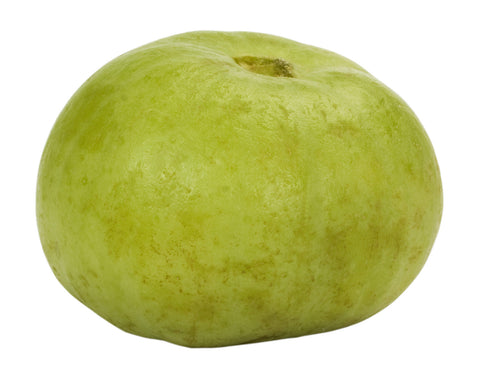
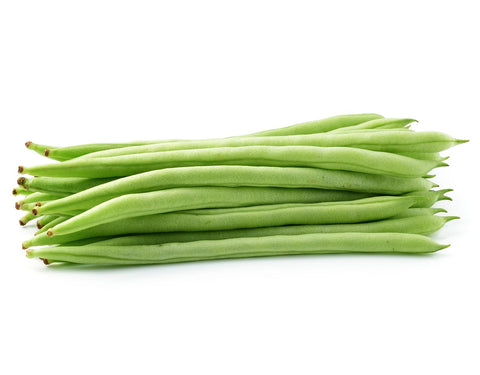
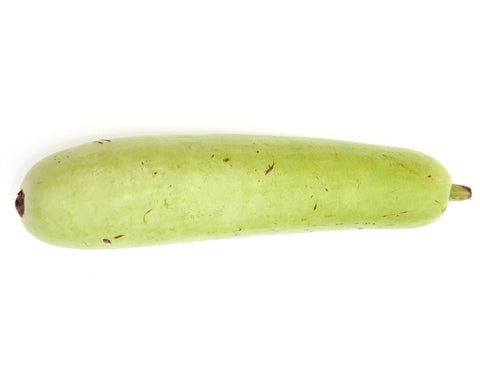
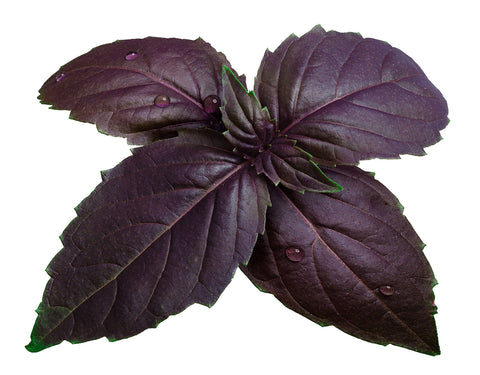
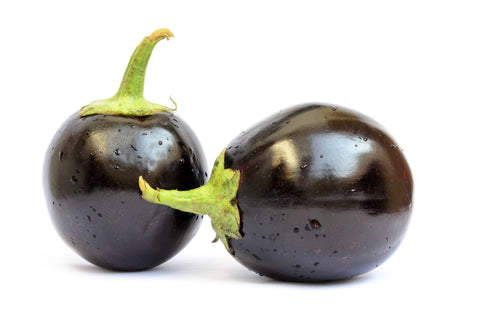
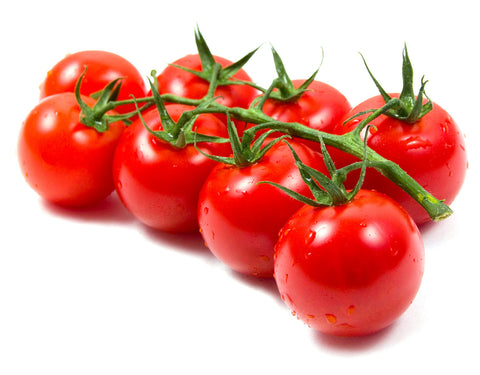

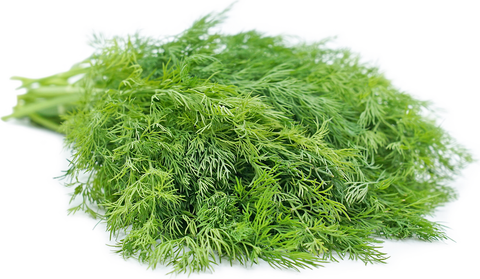
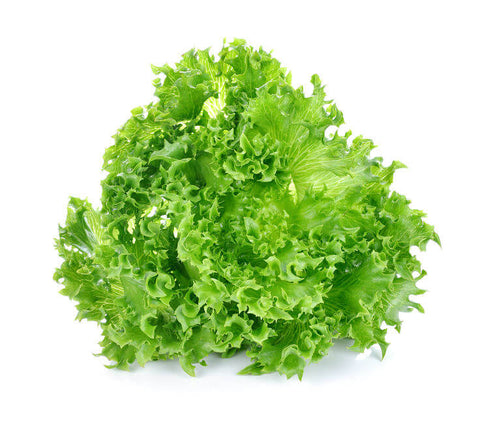
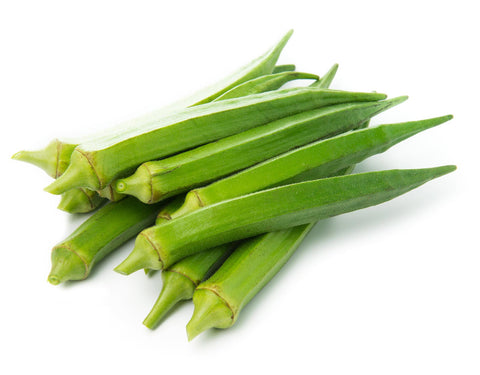
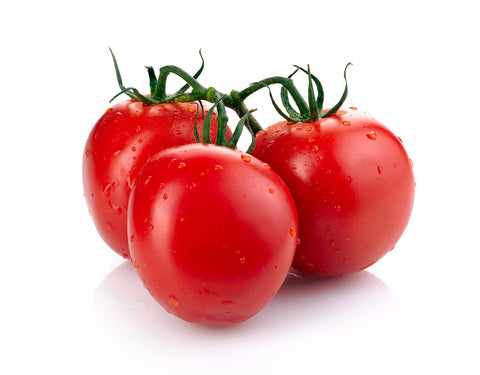







Let us know your feedback
* Comments must be approved before being displayed.